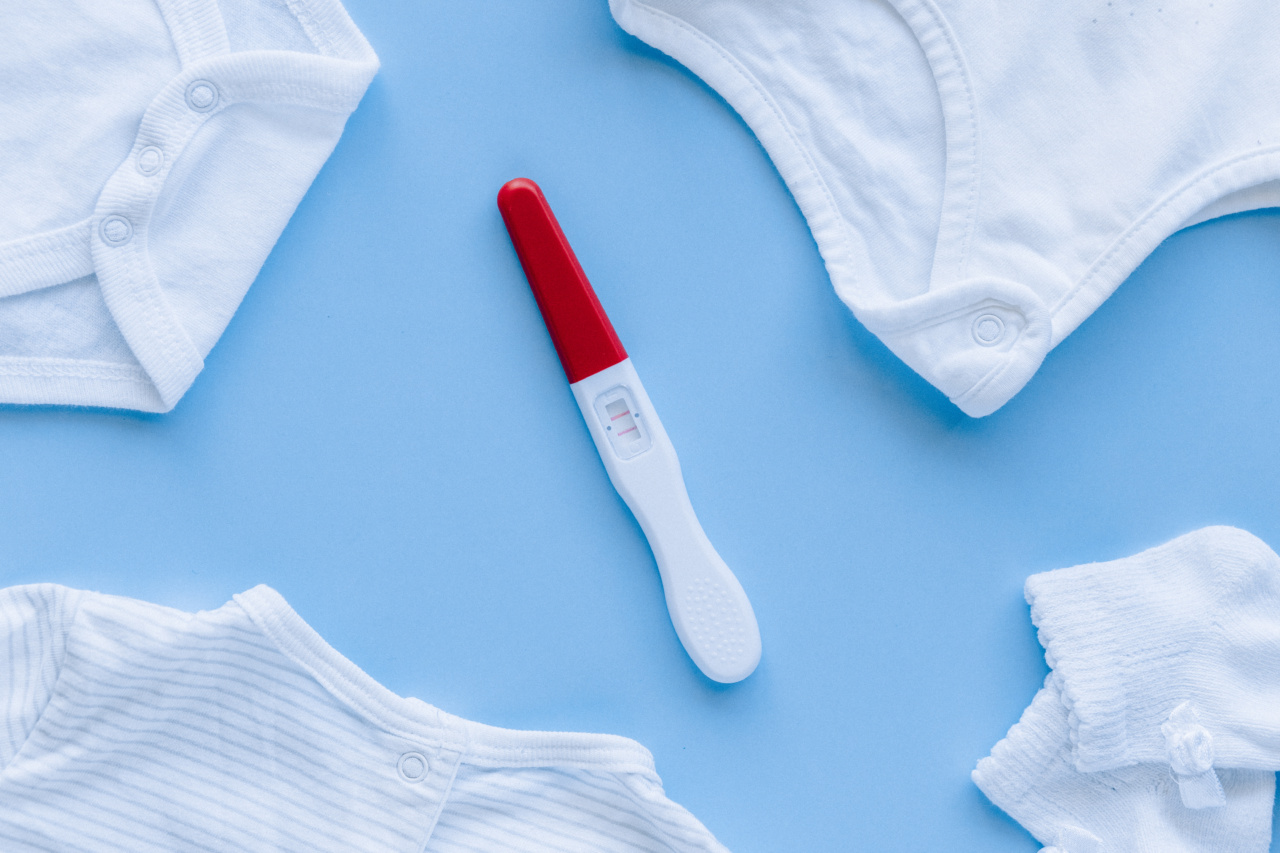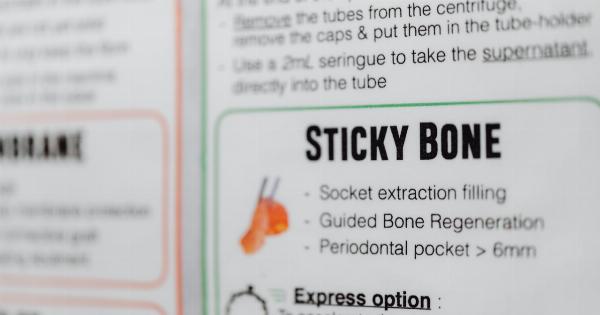When a woman suspects she may be pregnant, she is often eager to know the early signs and changes that can occur before a positive pregnancy test.
While each woman’s experience may vary, there are certain common physical and emotional changes that can provide clues about a possible pregnancy. These changes occur as a result of hormonal shifts in the body that take place soon after conception and implantation. In this article, we will explore the various changes that may occur before a positive pregnancy test.
1. Missed Period
A missed period is often the first noticeable change that indicates a possible pregnancy. For women with regular menstrual cycles, a missed period can be a strong indication of pregnancy.
However, it is important to note that other factors, such as stress, illness, or hormonal imbalances, can also cause a missed period.
2. Breast Changes
During early pregnancy, hormonal changes can cause various breast changes. This may include increased tenderness, swelling, or a feeling of fullness in the breasts. The nipples may also become more sensitive than usual.
These changes occur due to increased blood flow and hormonal stimulation in the breast tissues.
3. Fatigue
Feeling unusually tired or fatigued is a common early pregnancy symptom. The body undergoes significant changes to support the growing pregnancy, which can lead to increased tiredness.
This may be accompanied by a need for more frequent naps or feeling exhausted even after a good night’s sleep.
4. Nausea and Morning Sickness
Nausea and vomiting, commonly known as morning sickness, are classic signs of early pregnancy. These symptoms can occur at any time of the day and may range from mild queasiness to severe vomiting.
Morning sickness is often more pronounced in the first trimester, but some women may experience it throughout their pregnancy.
5. Increased Urination
Soon after conception, the body produces a hormone called human chorionic gonadotropin (hCG), which stimulates the bladder. This can lead to increased frequency of urination.
It is important to note that UTIs (urinary tract infections) can also cause increased urination, so it is best to consult a healthcare provider for a proper diagnosis.
6. Changes in Appetite
Some women experience changes in their appetite during early pregnancy. This can manifest as an increased desire for certain foods or aversions to others.
Food cravings and aversions are thought to be related to hormonal changes and the body’s need for specific nutrients during pregnancy.
7. Mood Swings
Hormonal fluctuations during pregnancy can affect neurotransmitters in the brain, leading to mood swings. Women may experience heightened emotions, irritability, or even sudden bursts of tears.
These emotional changes are a common aspect of pregnancy due to hormonal shifts.
8. Changes in Libido
Pregnancy can cause fluctuations in a woman’s libido. While some women may experience an increased sex drive, others may find a decrease in their interest in sexual activity.
These changes in libido are often influenced by hormonal shifts and physical discomfort that can occur during pregnancy.
9. Bloating and Constipation
Changes in hormone levels can slow down digestion and lead to bloating and constipation.
These symptoms are more likely to occur in the early stages of pregnancy and are a result of increased levels of progesterone, which relaxes smooth muscles in the body.
10. Heightened Sense of Smell
During pregnancy, some women may experience an increased sensitivity to smells. Certain odors that were previously tolerable may now be intolerable, and this heightened sense of smell may contribute to nausea and morning sickness.
It is important to remember that these changes can vary greatly from woman to woman and may not be experienced by everyone. Additionally, these signs and symptoms can also be attributed to factors other than pregnancy.
Therefore, it is always recommended to take a pregnancy test or consult a healthcare professional for a definitive confirmation of pregnancy.






























